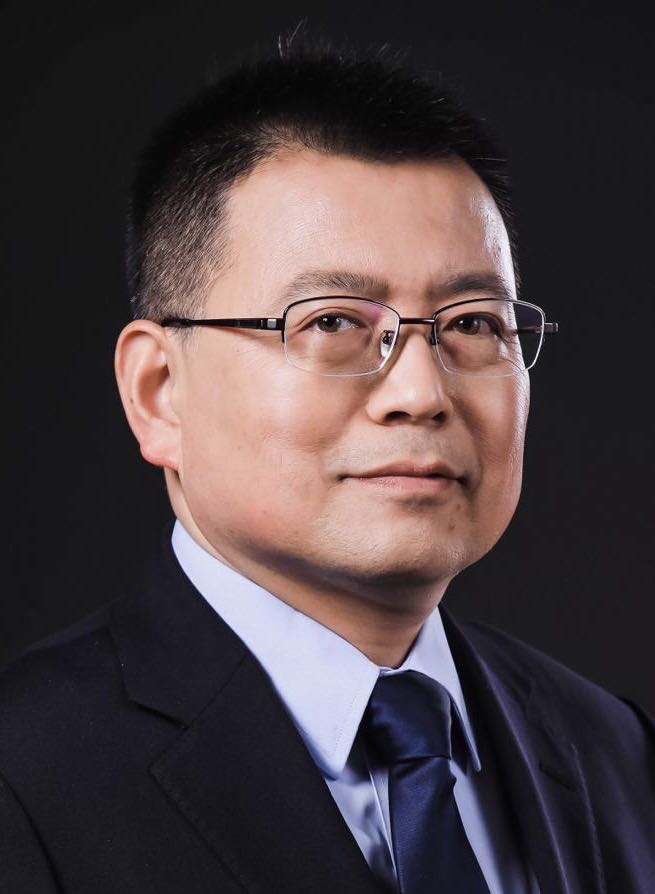

Yu Tiejun
Professor, School of International Studies, Peking University
Fields
East Asian International Relations
International Relations Theory
History of International political thought and international security
Bio
Yu Tiejun is President of the Institute of International and Strategic Studies(IISS), Professor at the School of International Studies(SIS) in Peking University(PKU). Previously, he studied at the University of Tokyo in 1998-2000, and served as visiting fellow at the Center for International Security and Cooperation at Stanford University in 2005, and also as visiting scholar at the Fairbank Center for East Asian Research at Harvard University in 2005-06.
Dr. Yu has co-edited The Sino-Japanese Security and Defense Exchange: Past, Present, and Prospect (Beijing: World Affairs Press, 2012, with Zhu Feng and Akiyama Masahiro). He is also the Chinese translator of Myths of Empire by Jack Snyder (2007) and Discord and Collaboration: Essays on International Politics by Arnold Wolfers (2006). His research interests include International Security, China-U.S.-Japan Relations, and China’s National Defense Policy. He won the Excellent Teaching Award of Peking University in 2010. Dr. Yu received his Ph.D., M.A. and B.A. from Peking University.
Education
1997-2000. School of International Studies, Peking University, Ph.D. 2000.
1998-2000. Exchange research student at the University of Tokyo, Japan.
1994-1997. School of International Studies, Peking University, M.A. 1997.
1986-1990. Department of International Politics, Peking University, B.A. 1990.
Expertise
1. International Relations Theory
2. East Asian Security
3. China-Japan-US Trilateral Relations
4. Chinese Foreign Policy
5. International Political Thought
Publications
1. “Decoding the Princeton Report,” Zhongguo Guoji Zhanlue Pinglun 2008 (Chinese International Strategic Review 2008), Vol. 1, 2008.
2. “Several Features of Strategic Studies in American Universities,” Guoji Zhengzhi Yanjiu (International Politics Quarterly), No. 4, 2007.
3. Translator of the Chinese version of Jack Snyder, Myths of Empire (Beijing: Peking University Press, 2007).
4. Translator of the Chinese version of Arnold Wolfers, Discord and Collaboration: Essays on International Politics (Beijing: World Affairs Press, 2006).
5. “Problems in and Reflections on the Studies of International Relations in China,” Jiaoxue yu Yanjiu (Teaching and Studies), No. 11, 2005.
6. “Military Alliances in East Asia,” in Yan Xuetong and Jin Dexiang, eds. Peace and Security in East Asia (Beijing: Shishi Press, 2005).
7. “International Relations Theory and INGO” in Wang Jie et al. ed. INGO in Global Governance (Beijing: Peking University Press, 2004).
8. “International Relations Theory and Sino-Japan Historical Problem,” Taipingyang Xuebao (The Pacific Journal), No. 3, 2003.
9. “Power and Ideas: the Rise and Fall of the ‘Revisionist’ View on Japan in the United States.” Meiguo Yanjiu (American Studies Quarterly), Vol. 16, No. 1 (Spring 2002).
10. “Offensive Realism, Defensive Realism and Neo-Classical Realism,” Shijie Jingji yu Zhengzhi (World Economy and Politics), May 2000.
11. “Alliance Theory in International Politics: Evolution and Debate,” in Ouzhou (Journal of Europe) Vol.17, No. 5 (Oct. 1999).
12. Translator of the Chinese version of Michael Armacost, Friends or Rivals? The Insider’s Account of U.S.-Japan Relations (Beijing: Xinhua Press, 1998).